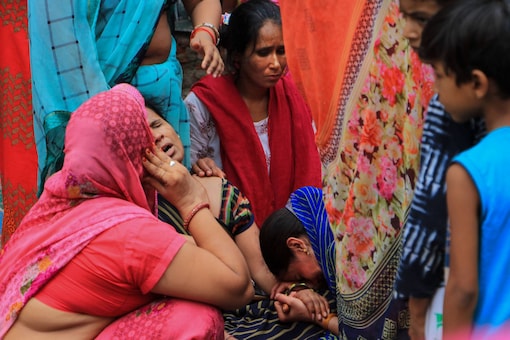Weeks after Udaipur saw a ghastly murder of a tailor, the Dargah Ala Hazrat in Bareilly issued a fatwa against Ghaus Mohammad and Riyaz Attari, the two accused, calling the act non-Islamic as per the teachings of the religion.
The fatwa cited the teachings of 19th-century Islamic scholar Ahmed Raza Khan Barelvi, commonly known as Ala Hazrat.
Maulana Shahabuddin Razvi, the national secretary-general of Barelvi Ulema, said Aala Hazrat has ruled that if a person kills someone under an Islamic regime “without the permission of the emperor, then such a person would be a criminal in the eyes of the Sharia” and would be punished severely.
The fatwa added that the slogan “Gustakhi e Nabi ki Ek Hi Saza, Sar Tan se Juda Sar Tan se Juda” was given by the Pakistani people for last few years and was started by newly formed organization Tehrik-e-Labbaik for its political purpose.

He further stated that under non-Islamic governments, such killings would be anyway deemed illegitimate according to the law of the land and the person would put his life in danger by committing such crime.
Razvi underlined that the slogans calling for beheading of those who insult the Prophet were first given by Tehreek-e-Labbaik Pakistan, a far-right Islalmic extremist political party in the neighbouring country, to fulfill their political ambition.
The killers of Kanhaiya Lal were heard raising the slogan “Gustakhi e Nabi ki Ek Hi Saza, Sar Tan se Juda Sar Tan se Juda,” (there is only punishment for insult to the Prophet, beheading) in a video in which the duo were boasting about the murder.
The Rajasthan Police also arrested three people, including a cleric, in Ajmer for delivering a hate speech in which they allegedly called for beheading to avenge the insult to the Prophet.
“Muslims should not take the law in their own hands, complain to the government, it is the government’s job to punish,” Razvi added.

